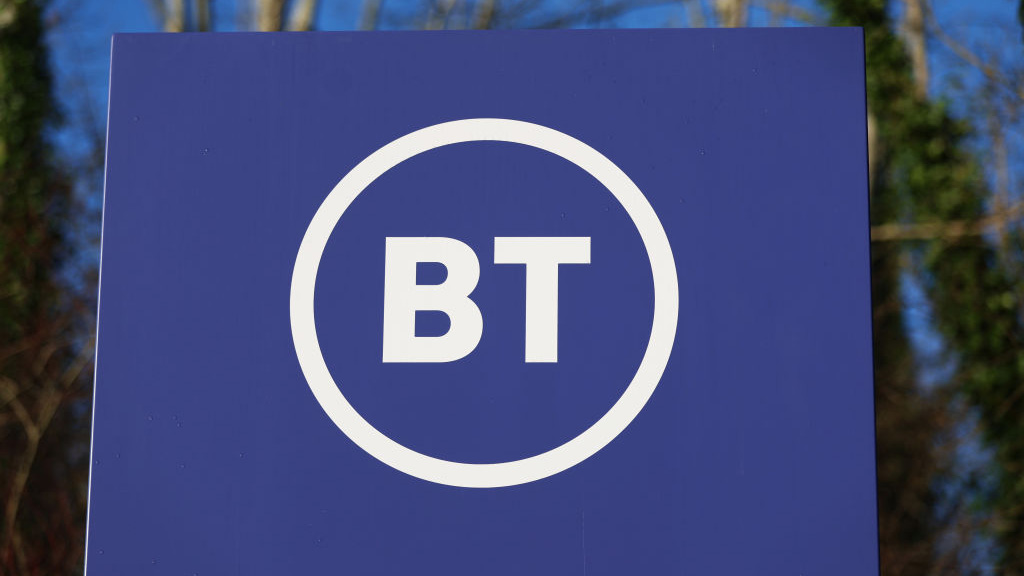BT orders staff back into the office with "three together, two wherever" policy change
CEO Allison Kirkby has told workers that guidance is now a hard rule and that they will be clocked in and out


BT has become the latest company to tighten up its hybrid working policy, ordering workers back into the office for three days a week.
A memo from chief executive Allison Kirkby said she was changing the company guidance – 'three together, two wherever' – to become an official mandate, according to the Financial Times.
Office-based staff would be 'accountable' for following the rules, and data from employee passcards would be shared with managers to keep track of whether workers were complying. The memo, which was sent to staff in Ireland, Hungary, and India, as well as the UK, forms part of Kirby's strategy to help turn the business around.
"Current attendance levels are not going to help us to transform BT Group, or nurture a more integrated, collaborative culture," she wrote. "This is essential for the future of our business, the development of our people, and the service of our customers."
In the memo, Kirby notes that a third of people were coming in for just one day a week, or not at all, with attendance averaging only 1.7 days a week. BT is just the latest large firm to order its staff to spend more time in the office.
In September, for example, Amazon told workers that from next year they'd be required to go back to the office for five days a week, rather than the current three. Meanwhile, Salesforce, Dell, Apple, and Disney have all tightened up their hybrid working policies, and last month Starling Bank mandated a minimum of 10 days a month in the office.
RELATED WHITEPAPER

In some cases – such as Amazon and Dell, for example – these new orders have led to kickbacks from staff. Many said they would leave or 'soft quit' as a result of the policy. And there is evidence that forcing staff back into the office may not have the productivity benefits that BT's Kirkby is expecting. Recent research from the University of Melbourne, for example, found that firms with strong flexible work options achieve higher share prices.
Sign up today and you will receive a free copy of our Future Focus 2025 report - the leading guidance on AI, cybersecurity and other IT challenges as per 700+ senior executives
"Alternative work arrangements – and, in particular, WFH provisions – might result in superior stock market performance if (1) they yield productivity gains through their effect on employees wellbeing and on operational efficiency and flexibility, and (2) if such an effect is not immediately priced by the market," said assistant professor of finance Gabriele Lattanzio.
Meanwhile, staff report higher levels of well-being when they're allowed to work flexibly. Researchers at Great Place To Work recently found that when employees were able to pick where they worked, they were three times more likely to want to stay with their organization and fourteen times less likely to 'quit and stay'.
Emma Woollacott is a freelance journalist writing for publications including the BBC, Private Eye, Forbes, Raconteur and specialist technology titles.
-
 AWS just quietly increased EC2 Capacity Block prices – here's what you need to know
AWS just quietly increased EC2 Capacity Block prices – here's what you need to knowNews The AWS price increases mean booking GPU capacity in advance just got more expensive
-
 Accenture acquires Faculty, poaches CEO in bid to drive client AI adoption
Accenture acquires Faculty, poaches CEO in bid to drive client AI adoptionNews The Faculty acquisition will help Accenture streamline AI adoption processes
